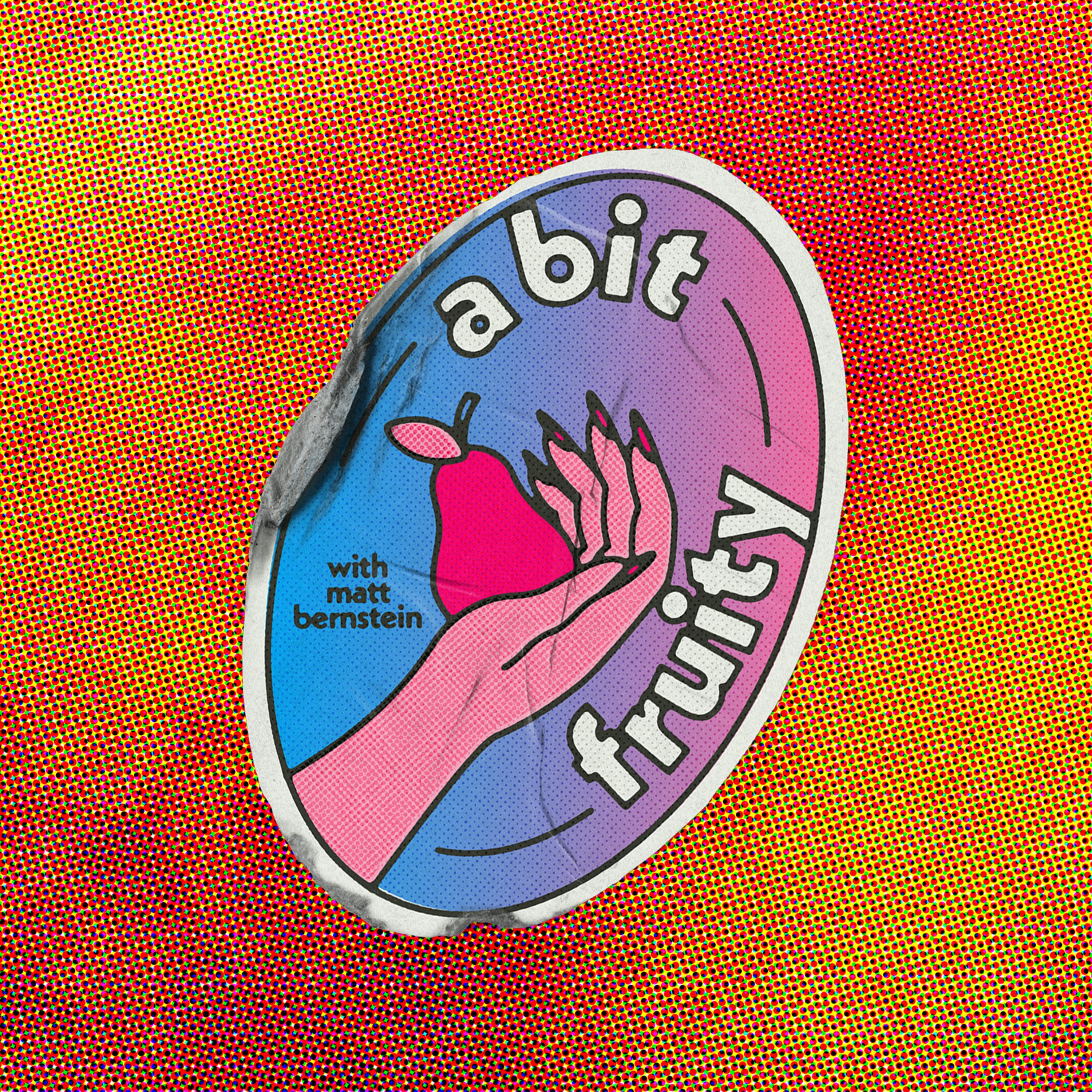Stories from the AIDS Crisis
A special episode where we hear from listeners of the show who were lovers, nurses, relatives, students, and friends of people who died from AIDS.
Support me + listen to bonus episodes on Patreon!
Thanks to Blueland for supporting the show. For 15% off a better way to clean, head to https://www.blueland.com/fruity.
Me on Instagram.
A Bit Fruity on Instagram.
Learn more about your ad choices. Visit megaphone.fm/adchoices
Support me + listen to bonus episodes on Patreon!
Thanks to Blueland for supporting the show. For 15% off a better way to clean, head to https://www.blueland.com/fruity.
Me on Instagram.
A Bit Fruity on Instagram.
Learn more about your ad choices. Visit megaphone.fm/adchoices
Press play and read along
Transcript
Transcript is processing—check back soon.
A Bit Fruity with Matt Bernstein — Stories from the AIDS Crisis
